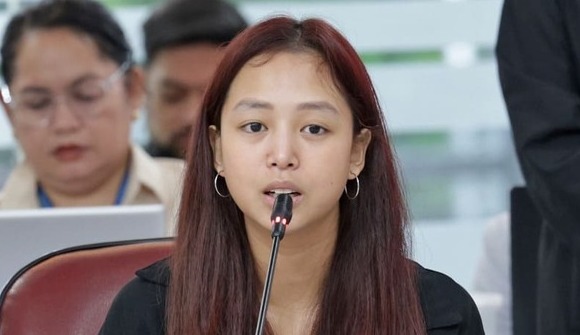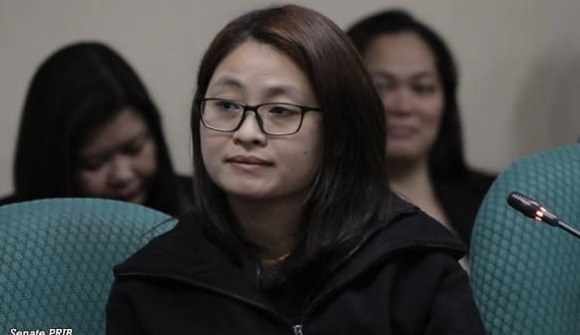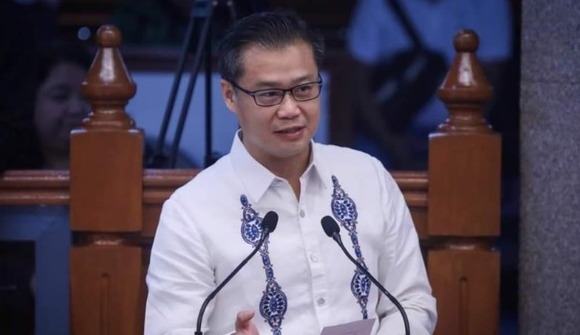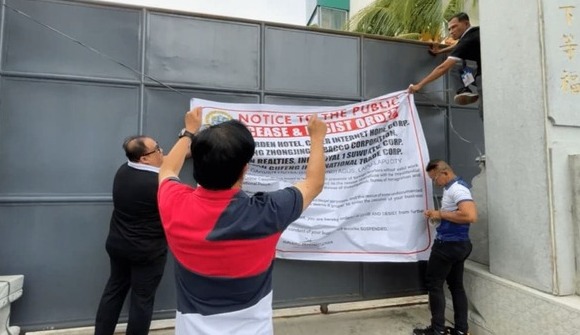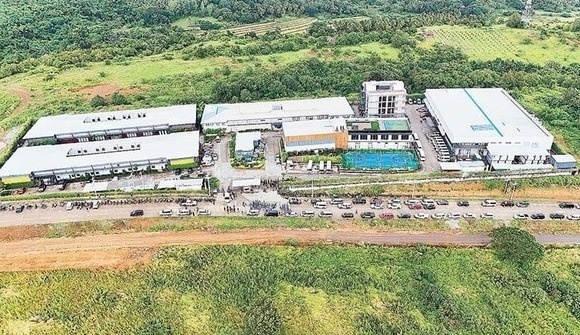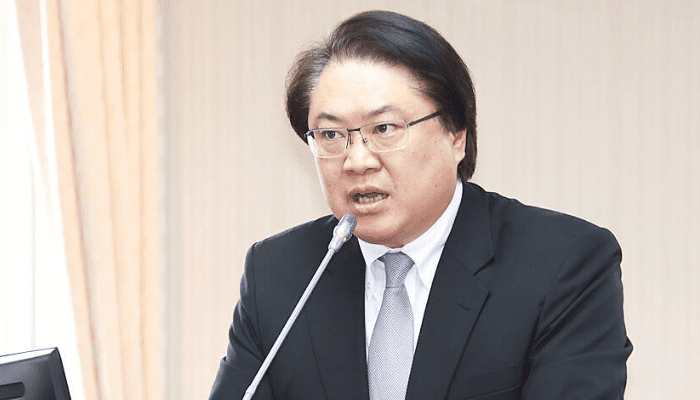
Police Squad in Taiwan to Tackle Organized Crime
CRACKDOWN: The new efforts are due to increases in fraud, online gambling, cross-border money laundering, drug trafficking and other gang crimes, a minister said.
A designated police squad is to be set up to crack down on organized crime, Minister of the Interior Lin You-chang (林右昌) said yesterday.
Lin was asked to brief lawmakers at a meeting of the legislature’s Internal Administration Committee on the measures to be adopted to address rising crime committed by human trafficking groups, emerging gangs and fraud syndicates.
“In recent years, gangs have expanded their operations by engaging in telecom fraud, online gambling, cross-border money laundering, arms and drugs trafficking, as well as other crimes,” he told the committee.
“The National Police Agency needs to enforce a systematic crackdown on organized crime by collaborating with administrative agencies to conduct joint inspections and impose penalties on businesses and venues in which gangs invest, and which they operate and own. This is the way to cut off their means,” he said.
Last month, a branch of the Bamboo Union organized a large party at the Taipei Marriott Hotel to showcase its strength and momentum, which is a common method to attract new members, he said.
Twenty-five people attending the party were involved in criminal activities, Lin said, adding that the branch was also found to be involved in nearly two dozen other criminal cases.
The National Police Agency and the High Prosecutors’ Office have launched 13 nationwide crackdowns on gangs over the past three years, Lin said.
The crackdowns have identified 1,180 crime organizations across the country and 755 businesses operated by gangs, he said, adding that 9,443 gang members have been brought to justice.
Illegal gains confiscated by police topped NT$921.7 million (US$30.27 million), Lin said.
“A designated police squad to crack down on gangs is to be established, with members coming from the Criminal Investigation Bureau and police departments in cities and counties,” Lin said.
“The squad will monitor cash flow and connections among active gangs. As gangs are often involved in wind energy, construction and other businesses, each city or county police department is to have a point of contact to help gather evidence,” he said.
Separately, the National Communications Commission (NCC) has asked people to beware of phishing text messages sent by telephone scammers via false base stations.
“Should consumers discover that their mobile phones suddenly lose reception, but quickly regain full signal, or the source of the signal suddenly switches from 4G or 5G systems to 2G, their mobile phones might have been ‘kidnapped’ by false base stations,” NCC vice chairman and spokesperson Wong Po-tsung (翁柏宗) said.
“At this time, they should not click on any link on the text messages sent via false base stations,” Wong said.
These false base stations, usually disguised as those for the 2G system, transmit higher power signals to cover those transmitted from normal base stations and deliver scam text messages, he said.
“In a 2G system, base stations authenticate the identification of mobile phones before transmitting signals, but mobile phones are not able to verify if they are receiving signals from a real or false base station,” Wong said.
“This one-way verification system is a security loophole, which only exists in the 2G system. Taiwan has shut down the entire 2G system. People can determine that their mobile phones are receiving signals from false base stations if signals appear to be from a 2G system,” he said.
Since 2019, the government’s anti-fraud platform has intercepted 75.05 million fraud text messages and 58.85 million scam calls, and suspended nearly 20,000 phone numbers used by scammers, NCC data showed.
Article Source
https://www.taipeitimes.com/News/taiwan/archives/2023/04/11/2003797710
Other Interesting Articles
 IR-backing Osaka Governor Re-election was Always Expected: Japan Gaming Expert Apr 12, 2023
IR-backing Osaka Governor Re-election was Always Expected: Japan Gaming Expert Apr 12, 2023





